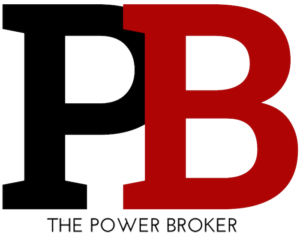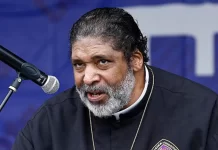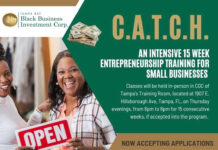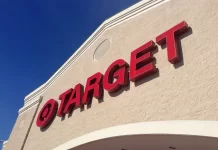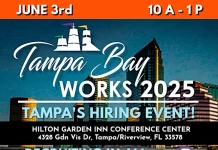The night before he was assassinated, Rev. Dr. Martin Luther King, Jr. gave what became known as his “mountain top” speech in which he said, “individually we are poor,” but that collectively African Americans are richer than all but nine nations in the world.
Imam Askia Muhammad Aquil and the Collective Empowerment Group of Tampa Bay (CEGTBA) take that principle to heart and look to achieve economic power and community wealth by “buying, building, and banking collectively.”
About 25 years ago, a group of Black preachers in Maryland was commiserating over the struggles to receive funding to finance projects. Aquil said redlining and systemic racism prevented them from having the same loan and finance opportunities as their white counterparts. They realized that if they united and worked together to leverage their collective strength, then vendors and bankers “would be chasing after us rather than us chasing after them.”
The Collective Banking Group was then founded and based in the Washington, D.C. area. It evolved into a national organization, and in 2010 became known as the Collective Empowerment Group (CEG), reflecting an increased focus on individual and corporate financial autonomy, responsibility, and control. An emphasis is placed on building relationships and aligning resources.
“That’s the strategy behind it,” explained Aquil. “To have faith leaders to agree to work together to collaborate with each other and agree on a common agenda and a common strategy for uplifting our community. The things we couldn’t do on our own.”
He has devoted his life to activism, social reform, and community building, and in 2010 he felt something was missing. He was attending a real estate development class through the University of South Florida and asked the instructor if there was a model in the country where faith leaders of all denominations were working together to achieve broad and common interests, improving conditions in a “real and material way.”
Producing community wealth was also key, as Aquil knows there are many examples of individuals who have done well, “but as a whole, the systemic problems in our community have persisted over many years – over generations.”
The instructor put him in touch with Rev. Joaquin Willis, a pastor in the Liberty City area of Miami. After talking on the phone for some time, they eventually arranged for Willis to come to the Bay area, and during that meeting, the Tampa Bay chapter was created. Aquil is now the chair of the board of directors.
Aquil said the South Florida chapter is a model for success after empowering the community there for more than 15 years. The Tampa Bay chapter is only about five years old and is “looking to pursue a course that is similar to what they’re doing and consistent with the national model.”
